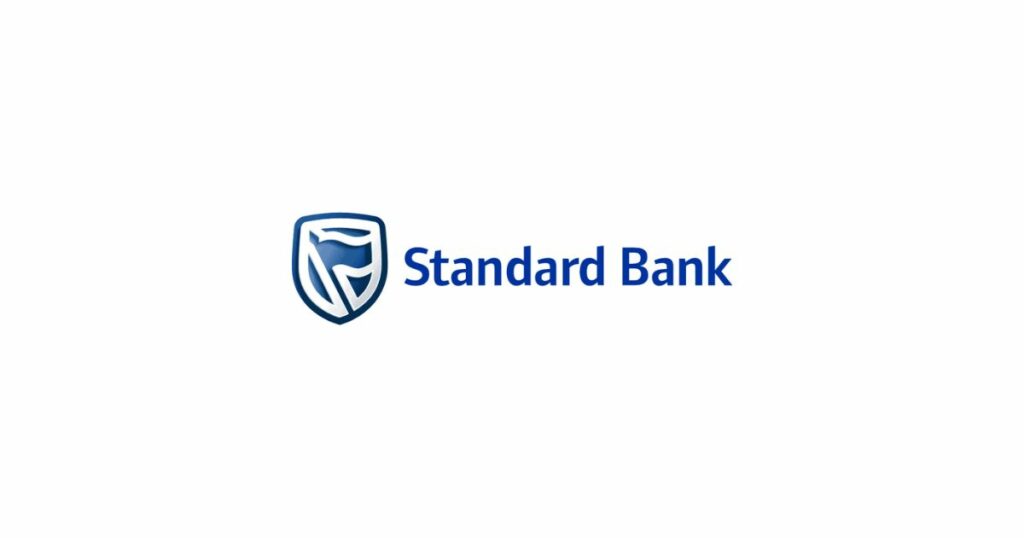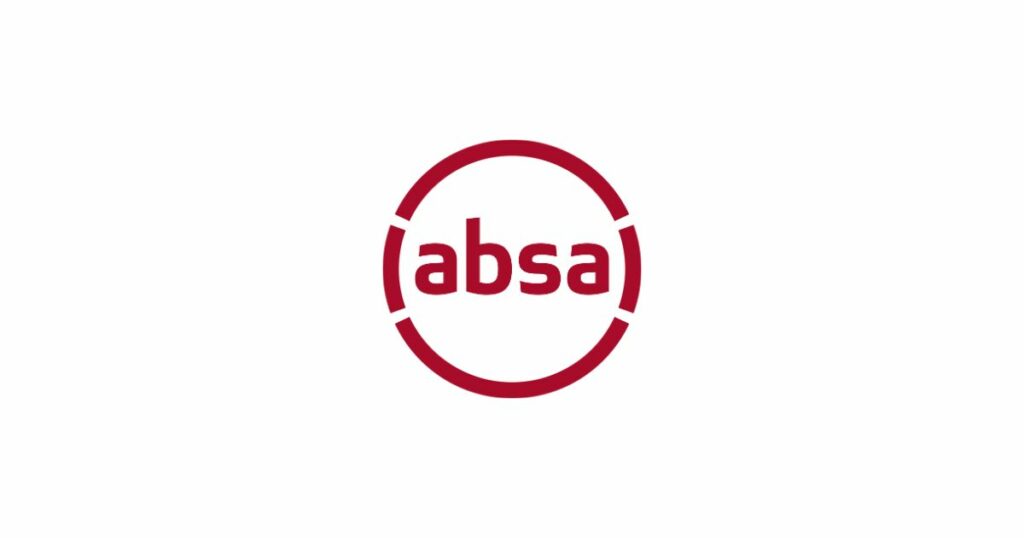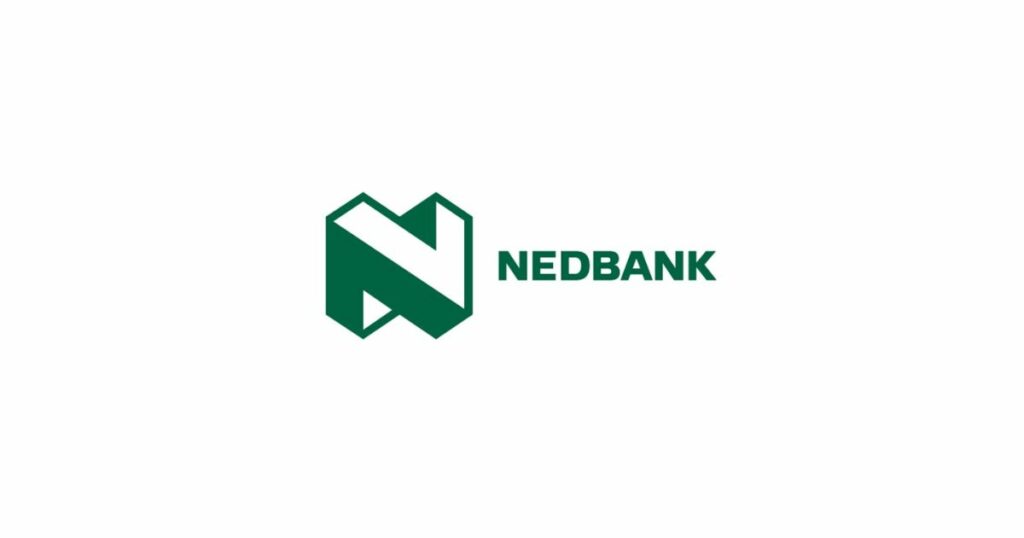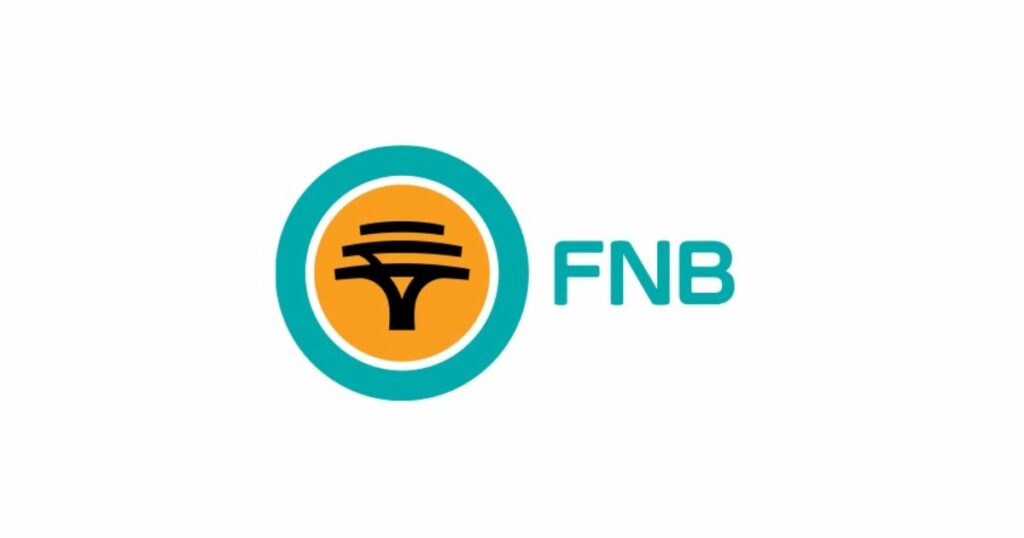
An access bond is a home loan facility offered by South African banks that allows homeowners to pay extra into their bond account and withdraw the surplus funds when needed. This provides flexibility in managing cash flow, reducing interest over time, and covering expenses like renovations, debt repayments, or emergencies without taking out a new loan. The feature must be activated with your bank, and access depends on having made additional repayments beyond the required instalments.
Key Takeaways
- Access Bonds Allow Flexible Withdrawals: By paying more than the required instalment on your home loan, you can withdraw the surplus funds later, offering a flexible way to manage cash flow without taking out a separate loan.
- Each Bank Offers Different Access Features: Major South African banks like Standard Bank, Absa, Nedbank, and FNB offer unique access bond options with varying activation steps, withdrawal limits, and conditions.
- Discipline Is Crucial: Although access bonds offer convenience and interest savings, poor financial habits, such as frequent unnecessary withdrawals, can undermine the benefits and delay bond repayment.
About Arcadia Finance
Easily secure a loan through Arcadia Finance with no application fees. Choose from 19 reputable lenders, all fully compliant with South Africa’s National Credit Regulator. Experience a smooth, reliable process tailored to your financial needs.
What Is An Access Bond?
An access bond refers to a type of home loan that permits the borrower to withdraw surplus funds previously paid into the loan account. If you make repayments exceeding the minimum required instalment, the excess amount becomes available for future use. This arrangement offers a practical method for managing cash flow, as it allows access to funds when necessary without needing to apply for a separate loan.
How To Get An Access Bond
Access bonds are made available by all major South African banks. You may request this facility at the time you apply for your home loan, or submit a separate application for it after your bond has been officially registered. In some cases, you can convert a conventional home loan into an access bond while the loan is still active, which is generally permitted if your repayment history is consistent and you are not currently undergoing debt review.
Thinking of adding a new room or upgrading your kitchen? While access bonds provide flexible funding, a dedicated building loan might better suit large-scale renovations or new constructions. Explore how this option complements or even competes with the flexibility of access bonds.

Purpose Of Access Bonds
Access bonds are primarily designed to offer homeowners more control over their finances by allowing them to withdraw any surplus payments made into their bond account. This feature can be used in several practical ways:
- Home Renovations: Surplus funds in the bond account can be withdrawn to cover renovations or upgrades, which may contribute to a property’s long-term value and functionality.
- Consolidating Debt: Homeowners may use their available access bond funds to settle other debts, especially those carrying higher interest rates. This may reduce total interest paid and simplify monthly repayments.
- Financial Buffer For Emergencies: An access bond can act as a back-up source of funding during emergencies, offering a convenient option to manage unexpected financial situations without relying on expensive credit options.
- Investing In Other Ventures: Withdrawable funds may be used to capitalise on investment opportunities, with the equity in the property serving as a funding source for ventures that require immediate capital.
Access bonds often get compared to revolving credit. But what’s the difference? A revolving loan also offers flexible access to funds but comes with distinct terms and repayment structures. Knowing the difference helps you choose the right credit tool.
Bank-Specific Access Bond Features in South Africa
South African banks offer various access bond facilities, each with unique features tailored to assist homeowners in managing their finances effectively. Below is an overview of the access bond options provided by major banks:

Standard Bank – AccessBond
Standard Bank’s AccessBond allows you to deposit additional funds into your home loan and withdraw them later when needed. Once activated, funds can be transferred via online banking or ATMs, typically in increments of R1 000. The facility is not automatic and must be formally requested. A linked transactional account is usually required, and not all home loan types, such as building loans, may qualify.

Absa – FlexiReserve
Absa offers the FlexiReserve facility to most new home loan clients by default. It gives you the option to access surplus funds paid into your bond, provided your account is up to date. Withdrawals must be at least R1 000 and can be made through the Absa app or online banking, with the funds transferred into a linked Absa account. If your account falls into arrears, access may be suspended.

Nedbank – NedRevolve
Nedbank’s NedRevolve feature gives customers the ability to access funds paid in excess of their monthly bond instalments. This facility can be managed through Nedbank’s digital channels, including the Money app and online banking. A linked Nedbank transactional account is typically required, and withdrawals generally start from R1 000. Accessing funds may impact your monthly repayment obligations.

FNB – Flexi Option
FNB’s Flexi Option provides access to surplus funds as soon as the bond debit order is processed each month. You can move these funds to your nominated FNB account through online banking or ATMs, with minimum withdrawals set at R1 000. Multiple transfers are allowed daily, and while this feature is often included with the loan, it may still need to be activated for use.
The Pros Of An Access Bond
Greater Control Over Repayments
A key advantage of an access bond is the ability to manage your repayments more freely. You’re allowed to pay more into your bond account whenever you have spare funds, and you can later withdraw those extra contributions if required. This setup helps with managing your monthly budget and allows for more control over your home loan.
Reduction In Long-Term Interest
Paying extra into your bond reduces the capital amount you owe. Since interest is charged on the remaining balance, lowering that amount can significantly decrease the total interest you pay over time. This can help you finish paying off your bond sooner than scheduled.
Quick Access To Emergency Funds
An access bond provides a practical financial backup in emergencies. You can withdraw the surplus funds you’ve already deposited without applying for another loan or using high-interest credit options, helping you deal with unexpected costs.
No Application Process Needed For Withdrawals
There is no need to go through a new application to access available funds. The extra money you’ve paid in remains accessible within your bond account, which means you can withdraw it without the usual delays or paperwork linked to standard loan applications.

The Cons Of An Access Bond
Risk Of Unnecessary Withdrawals
Having access to the extra funds in your bond account may lead to poor financial discipline. There’s a real chance of withdrawing more than you genuinely need, which can increase your overall debt and reduce the benefit of having made additional repayments.
Possibility Of Delayed Bond Repayment
Although an access bond gives you flexibility, it can also make it easier to delay full repayment of your home loan. Regularly dipping into your surplus funds instead of allowing them to reduce your loan balance could result in paying off your bond more slowly and accumulating more interest in the long run.
Access Limited To What You’ve Paid In
Your ability to draw funds from an access bond depends entirely on how much extra you’ve paid in. If you haven’t made any additional contributions beyond your required repayments, there won’t be any funds available for withdrawal.
The Difference Between Access Bonds and Traditional Loans
Although both access bonds and traditional home loans are used to finance property purchases, they operate in notably different ways:

Greater Flexibility in Repayment Options
Access bonds offer the option to deposit surplus funds into the bond account, which can later be withdrawn if needed. This feature gives borrowers more control over their cash flow and can assist in managing short-term financial needs. Traditional loans typically do not allow such withdrawals. While extra payments on these loans may shorten the repayment period and reduce total interest, the funds are locked in and cannot be accessed again.

Interest Charged Based on Daily Balances
With access bonds, interest is calculated daily on the outstanding balance, meaning that any additional deposits reduce the interest charged immediately. This can result in meaningful savings over time. Although traditional home loans also calculate interest based on the remaining balance, they do not provide the same advantage from temporarily deposited funds, since these funds are not retrievable.

Impact on Financial Planning and Liquidity
Access bonds contribute to better liquidity management, as they allow borrowers to draw on surplus funds during emergencies or when large expenses arise. This can be particularly useful for households with variable income. By contrast, traditional loans are fixed in structure, offering stability in repayments but not the same ability to adjust to changing financial conditions.
Common Misunderstandings About Access Bonds
| Misunderstanding | Explanation |
|---|---|
| Access Is Not Automatically Granted | Many people assume that access to funds is built into every bond, but this is incorrect. You must specifically apply for an access bond facility and ensure it is properly activated with your bank before you can make use of it. |
| Not All Extra Payments Are Instantly Available | There is a misconception that any additional payments made can be withdrawn straight away. In practice, banks may impose minimum amounts or processing delays. If your bond account is overdue, access to the extra funds can be blocked entirely. |
| It Does Not Function Like a Savings Account | Although access bonds allow you to reduce the interest on your home loan, they do not generate interest income as savings accounts do. However, the reduction in loan interest generally results in greater financial benefit than traditional interest-bearing accounts. |
| Discipline Is Still Very Much Needed | The convenience of accessing surplus funds can lead to misuse. Without careful budgeting, you may find yourself drawing from these funds too often, which undermines the potential interest savings over time. |
| The Timing Of Payments Does Matter | Interest on your bond is calculated daily, so the earlier in the month or year you pay, the better. Making additional payments sooner leads to greater long-term savings, rather than treating all payment timings as equal. |
| Accessing Funds Is Usually Simple | Once your access bond is correctly set up, most banks offer straightforward options to withdraw funds, such as transfers via internet banking, similar to how standard accounts operate. |
| Early Settlement Is Definitely Possible | Contrary to what some believe, access bonds allow you to pay more than your required instalment. These extra contributions reduce your outstanding balance and shorten your bond term significantly. |
| Interest Savings Cannot Be Withdrawn | While you can withdraw the actual overpayments you’ve made, you cannot withdraw the interest saved or any increase in your property’s value. Only the surplus paid into the bond is available for access. |
Conclusion
Access bonds offer South African homeowners a flexible way to manage their home loan repayments by allowing access to surplus funds paid into the bond account. This feature can serve as a practical tool for handling emergencies, funding renovations, or consolidating high-interest debt without needing to apply for separate financing. While the benefits include interest savings and improved liquidity, responsible usage is essential to ensure long-term financial gains. With varying features across banks, it is important to understand the specific terms of your access bond facility and to use it as part of a structured financial plan.
Frequently Asked Questions
An access bond allows you to withdraw any surplus payments made into your home loan account. This not only offers financial flexibility but also helps reduce the total interest charged over time by lowering the outstanding balance.
Yes, all major banks in South Africa, such as Standard Bank, Absa, Nedbank, and FNB, offer access bond facilities, although the features, withdrawal processes, and activation requirements vary by institution.
No, only the actual overpayments you’ve made into your bond are available for withdrawal. The interest you save by reducing your loan balance remains part of the benefit of reduced future payments and cannot be accessed directly.
Yes, most banks have a minimum withdrawal amount, commonly R1 000, when using access bond facilities. The exact amount may vary depending on the bank’s policy and the type of home loan.
In many cases, yes. If your repayment history is sound and your loan is not under debt review, you can usually apply to your bank to have your existing home loan converted into an access bond, subject to approval.
Fast, uncomplicated, and trustworthy loan comparisons
At Arcadia Finance, you can compare loan offers from multiple lenders with no obligation and free of charge. Get a clear overview of your options and choose the best deal for you.
Fill out our form today to easily compare interest rates from 19 banks and find the right loan for you.


